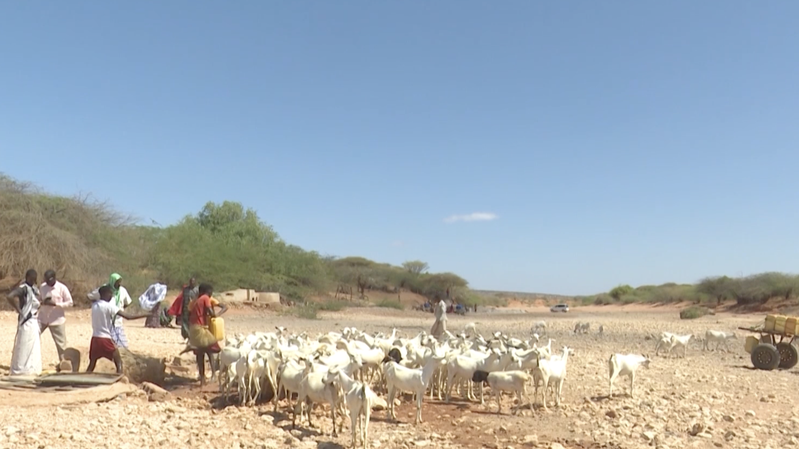The fifth High-Level Environment and Climate Dialogue between China and the European Union (EU) took place on Tuesday in Brussels, marking a significant step towards deepening green cooperation.
Hosted by Chinese Vice Premier Ding Xuexiang and Maros Sefcovic, Executive Vice-President of the European Commission for the European Green Deal, the dialogue underscored the mutual commitment to enhancing environmental collaboration.
Ding highlighted the frequent meetings between Chinese President Xi Jinping and EU leaders in recent years, emphasizing the consensus reached on advancing China-EU cooperation in green transformation. He acknowledged the EU's pivotal role in the multipolar world and its importance in China's major-country diplomacy and modernization efforts.
\"We need to work together to implement the important consensus reached by Chinese and EU leaders, push for more fruitful cooperation on green transformation, and consolidate the momentum of stable and sound China-EU relations,\" Ding stated.
China has been steadfast in its national strategy to combat climate change, achieving significant progress in green and low-carbon development. Ding reiterated China's commitment to peaking carbon dioxide emissions by 2030 and achieving carbon neutrality by 2060, integrating these goals into the nation's ecological civilization and overall development framework.
He emphasized the extensive common interests and vast cooperation potential between China and the EU in green transformation. Key areas identified for collaboration include green energy, low-carbon technologies, plastic pollution control, and chemical environmental management. Ding called for building consensus on multilateral cooperation and maintaining a positive momentum in environmental and climate initiatives.
Ding also addressed the EU's plan to impose additional duties on Chinese electric vehicle (EV) imports, labeling it as \"typical protectionism\" that could hinder global climate cooperation. He urged the EU to align its environmental, climate, and economic policies with China to avoid trade frictions that might delay the green transition.
Sefcovic acknowledged China's significant influence in global affairs and the importance of maintaining strong EU-China relations. He praised China's efforts in promoting green and low-carbon development and expressed the EU's willingness to deepen collaboration in tackling climate change and protecting the environment. Sefcovic also highlighted the EU's commitment to the EV industry and the importance of resolving differences through dialogue.
The dialogue concluded with discussions on reviewing past cooperation outcomes and planning future collaborative efforts, reinforcing the commitment of both sides to a sustainable and environmentally responsible future.
Reference(s):
cgtn.com



